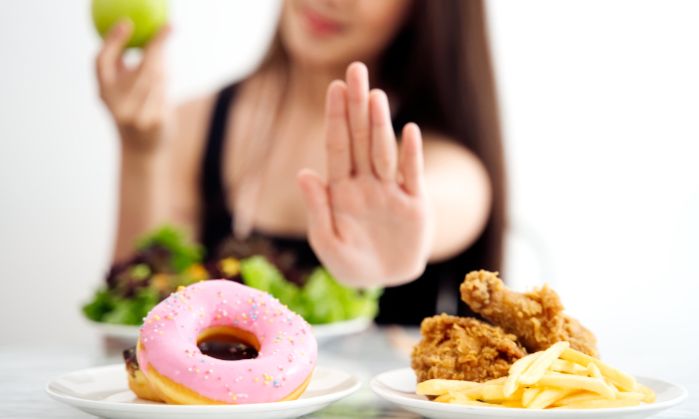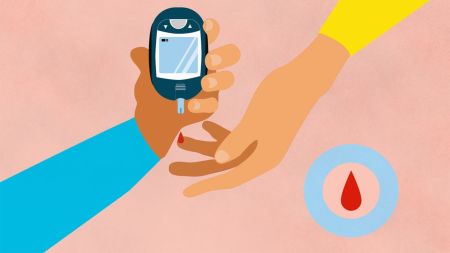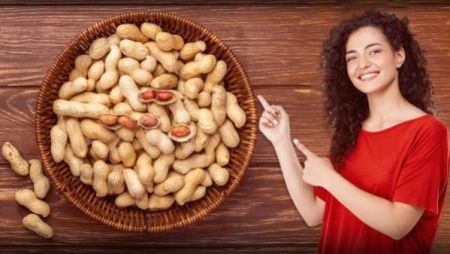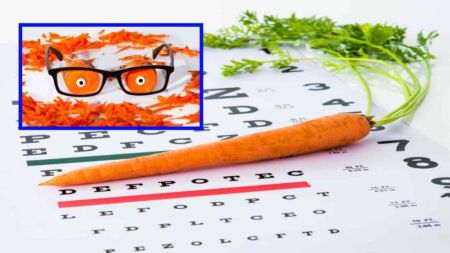7 Foods To Avoid With Hemorrhoids
Hemorrhoids, or Piles, can be a painful and discomforting condition affecting many individuals. These piles may be bleeding and non-bleeding, external and Internal. In Ayurveda, this is known as Arsh. There are various treatments available, prevention is always better than cure. One way to cope with hemorrhoids whether bleeding or non-bleeding is through a balanced diet. Here are some food items to avoid preventing or reducing the symptoms of all types of haemorrhoids and promote better rectal health.
7 Foods To Avoid With Hemorrhoids |
|
|
1 |
Hot and Spicy Foods |
|
2 |
Processed Foods |
|
3 |
Refined Grains |
|
4 |
Red Meat |
|
5 |
Dairy Products |
|
6 |
Caffeine |
|
7 |
Alcohol |
These 7 Foods Can Make The Problem of Piles Worse.
1. Hot and Spicy Foods:
Spicy foods rich in Katu Rasa in Ayurveda such as Garam Masala having hot peppers and spicy sauces can be a trigger for haemorrhoid flare-ups. Some vegetables like Brinjal (Baingan) can irritate the digestive system and lead to bowel movements that are more frequent and urgent, potentially worsening existing haemorrhoids.
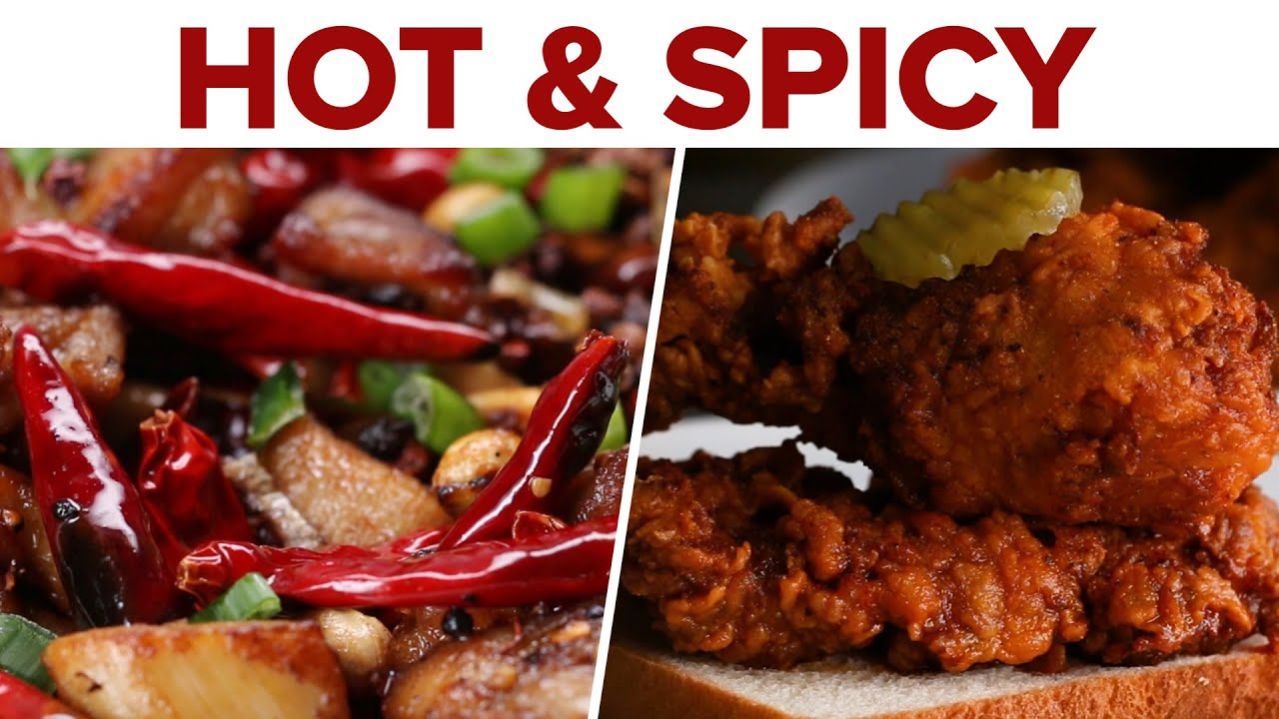
2. Processed Foods:
Processed foods, like fast food, chips, and sugary snacks like Kachodi-Samosa etc, deep fried vegetables are typically low in dietary fiber. A lack of fibre in your diet can lead to constipation, which is a common cause of haemorrhoids. To avoid constipation and reduce the risk of haemorrhoids, opt for whole foods like fruits, vegetables, whole grains, and legumes, which are rich in fibre and promote regular bowel movements.
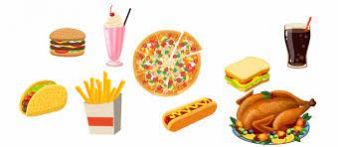
3. Refined Grains:
Refined grains, such as white bread, Maida, white rice, and sugary cereals, lack the fibre and nutrients in whole grains. Like processed foods, they can contribute to constipation and should be limited in your diet.
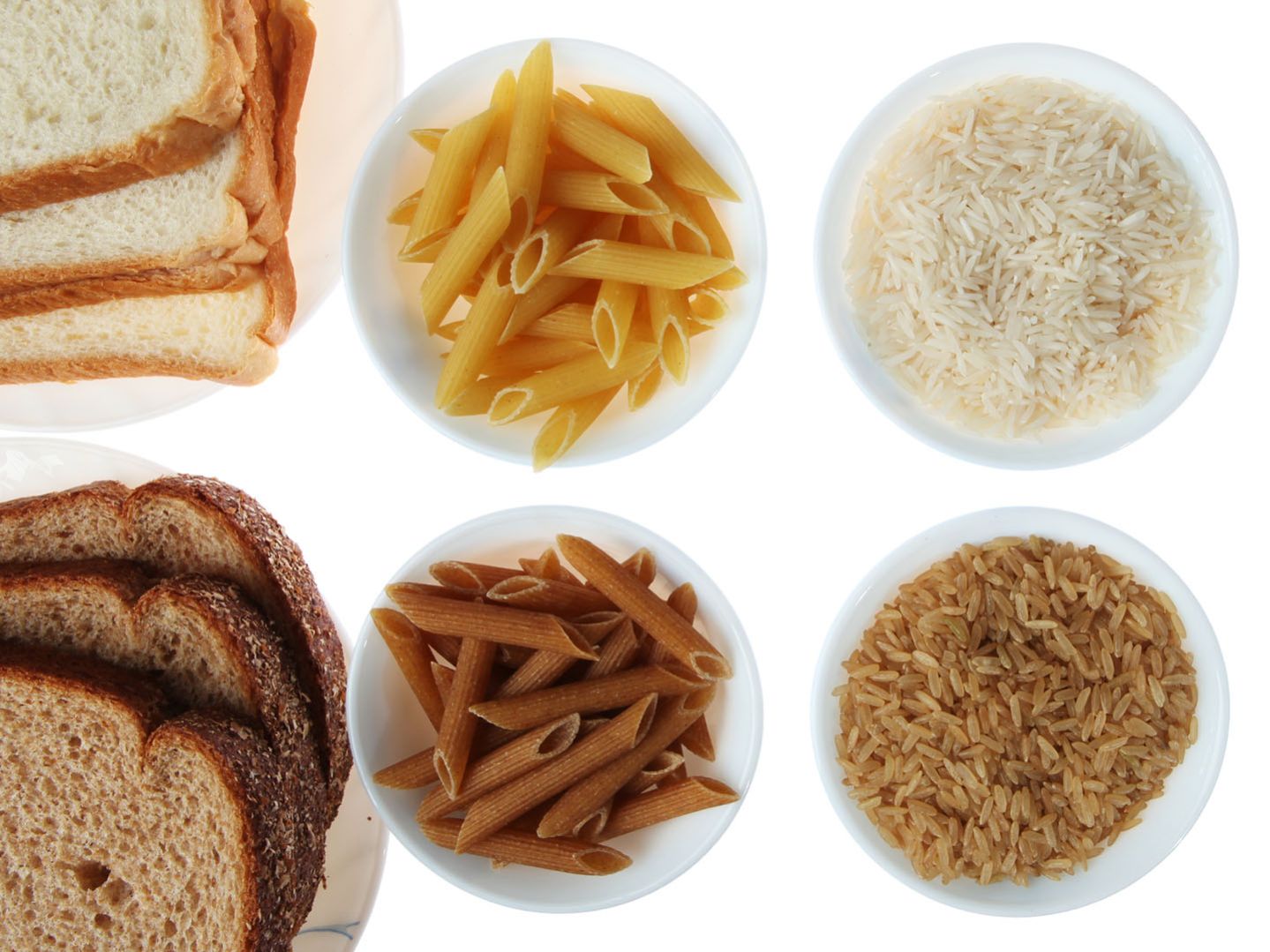
4. Red Meat:
Red meat, especially when consumed in excess, can contribute to constipation due to its lower fibre content. It is advisable to limit your intake of red meat and choose leaner protein sources like poultry, fish, and plant-based proteins such as beans and tofu. These alternatives can help maintain softer stools and reduce the strain on the rectum. If possible avoid it completely.

5. Dairy Products:
Dairy products like cheese and ice cream can be binding for some individuals, leading to constipation and potentially worsening haemorrhoid symptoms. If you suspect that dairy is affecting your digestion, consider reducing your consumption or opting for lactose-free alternatives.

6. Caffeine:
Beverages like Tea and coffee and certain types of tea can lead to dry, hard stools, making them difficult to pass. Ayurveda also considers these beverages to increase Pitta Dosha. While moderate caffeine intake is generally safe for most people, be mindful of its effects on your digestive system and balance it with adequate water intake.
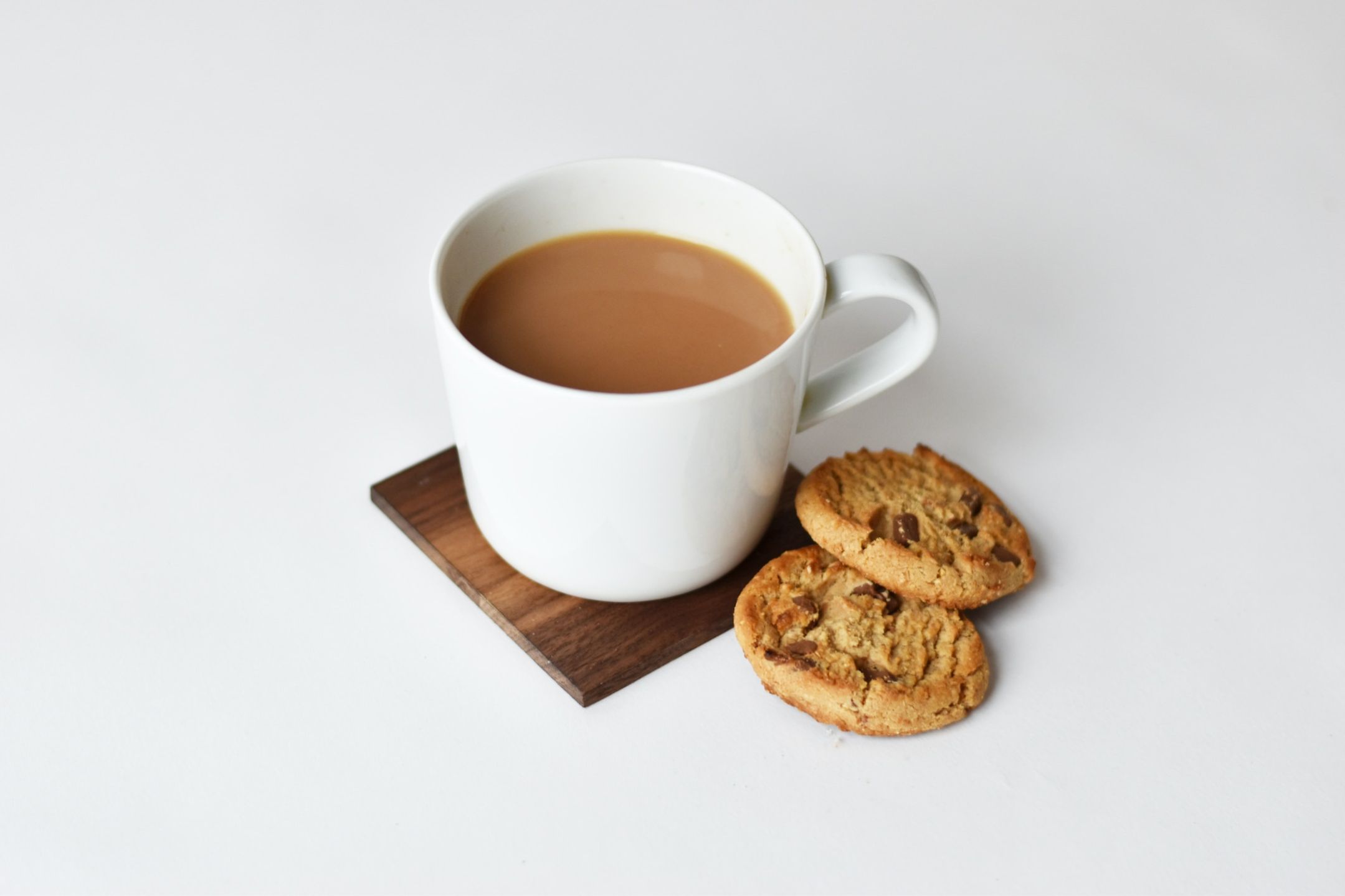
7. Alcohol:
Alcohol consumption can lead to dehydration, which is a known risk factor for Piles. Alcohol also affects liver function, which leads to indigestion. According to Ayurveda, it also increases Pitta Dosha. Dehydration can make stools harder and more difficult to pass, increasing the strain on the rectum and exacerbating haemorrhoid symptoms.

Hemorrhoids-Friendly Habits for Long-Term Relief
A. Maintaining a food diary
Keeping a food diary allows individuals to keep track of their dietary choices and identify potential triggers of hemorrhoid symptoms. This self-awareness contributes to long-term relief and prevention.
B. regular health checkup
Regular health checkups enable individuals to monitor their overall well-being, including the condition of their hemorrhoids. Proactive health care measures contribute to ongoing management and prevention.
Conclusion: foods to cure piles
Managing hemorrhoids through diet is a proactive and effective approach. By avoiding certain foods, incorporating healthier alternatives, and making lifestyle changes, individuals can experience relief from hemorrhoid-related discomfort. It's essential to recognize the individual nature of dietary responses and seek professional advice for a customized plan.
FAQs: Avoid Food For Piles
1. Can I still enjoy spicy food occasionally if I have hemorrhoids?
While occasional indulgence is acceptable, excessive consumption of spicy foods may worsen hemorrhoid symptoms. It's advisable to moderate intake.
2. Is it necessary to eliminate dairy products from my diet if I have hemorrhoids?
Not necessarily. Choosing low-fat dairy options and ensuring moderation can help manage digestive health without complete elimination.
3. Are there specific exercises that can alleviate hemorrhoid symptoms?
Exercises that promote overall cardiovascular health and improve digestion, such as brisk walking or cycling, can be beneficial.
4. Can I consume high-fiber foods during hemorrhoid flare-ups?
While fiber is essential for digestive health, consuming excessively high-fiber foods during flare-ups may worsen symptoms. Gradual incorporation is recommended.
5. How often should I consult a healthcare professional for hemorrhoid management?
Regular check-ups are advisable, especially if symptoms persist or worsen. A healthcare professional can guide ongoing management and provide necessary adjustments to the diet and lifestyle.
